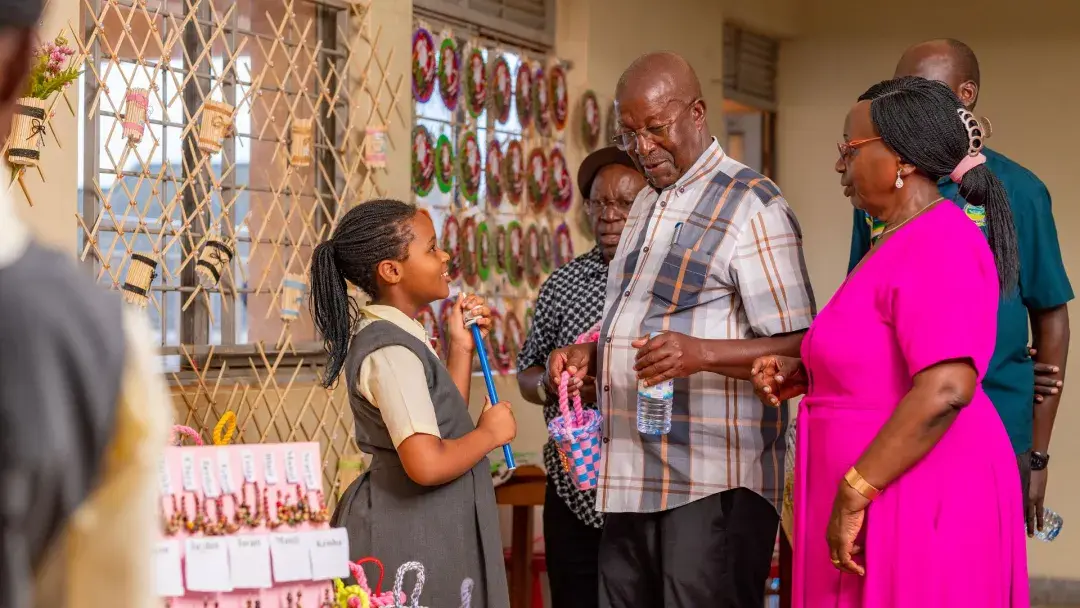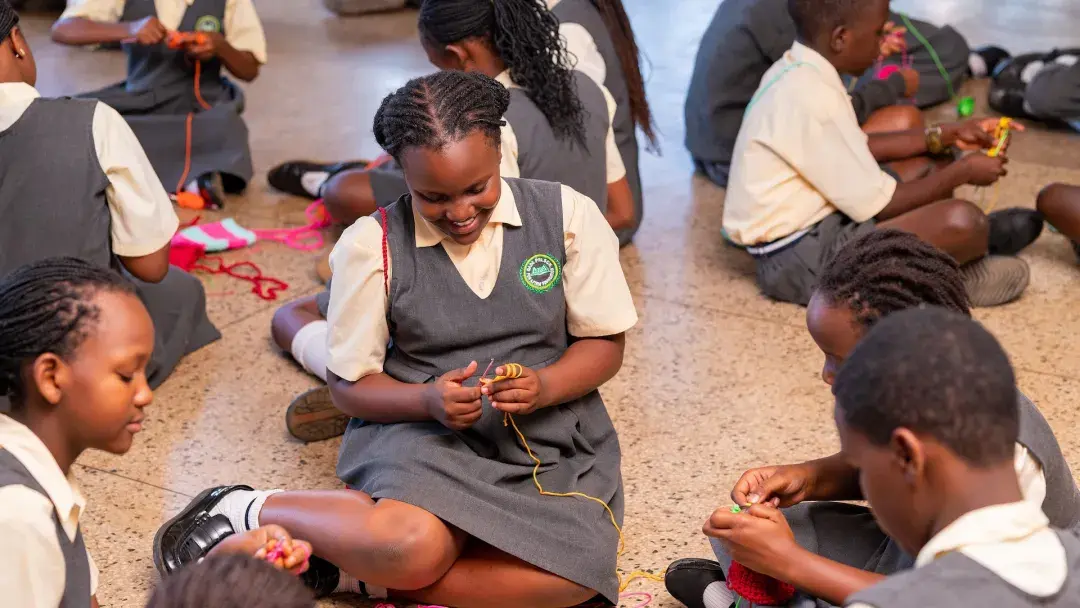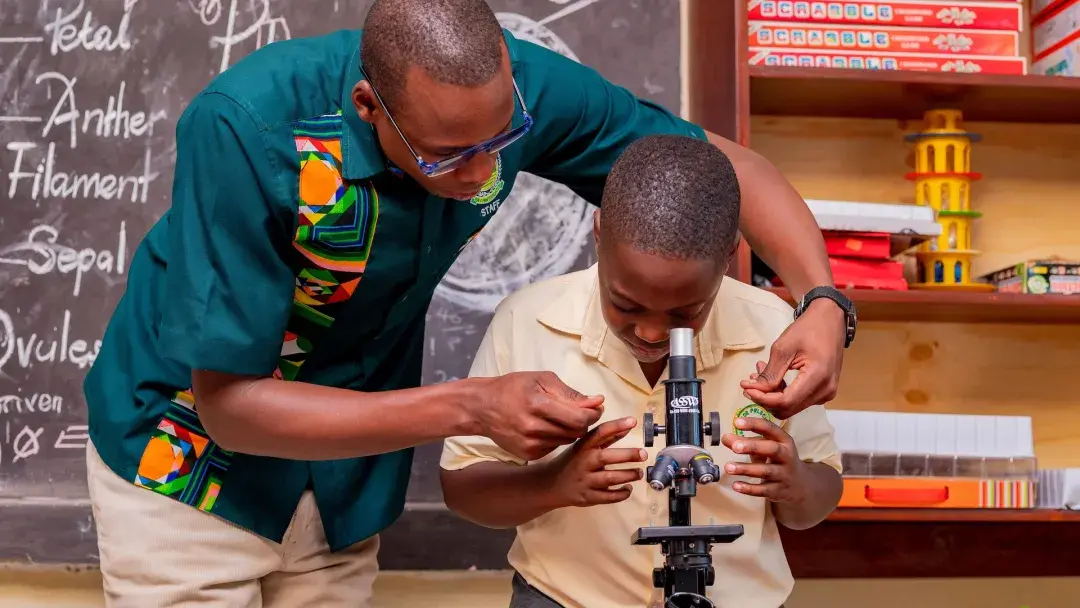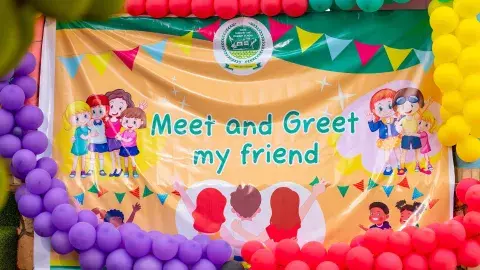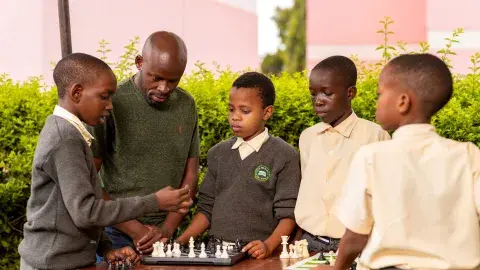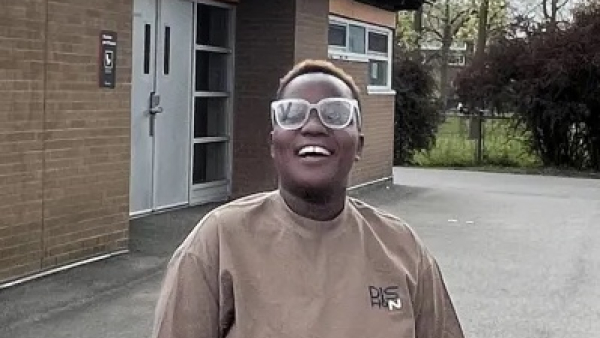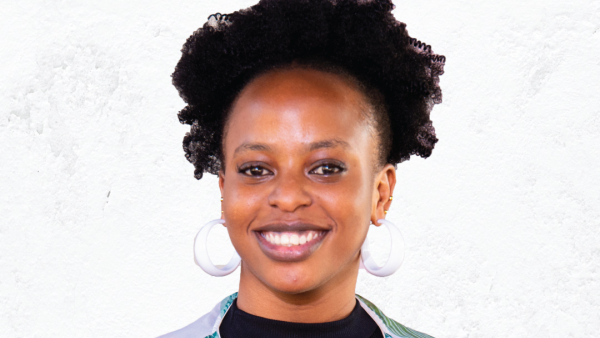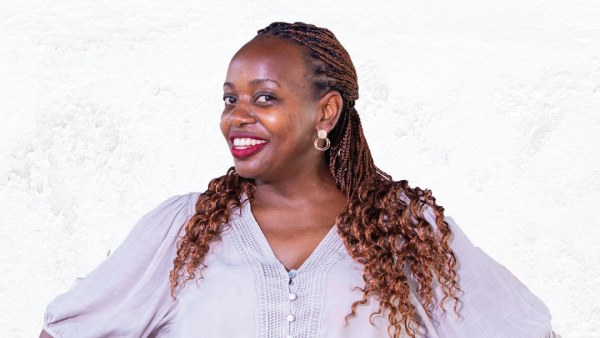From Primary 1 to Primary 3, pupils typically achieve significant growth in foundational academic skills. In literacy, they progress from recognizing letters and simple words to reading full sentences and short stories with comprehension. Writing skills develop from basic letter formation to constructing complete sentences and short paragraphs. In mathematics, pupils learn to count, add, subtract, and understand basic number concepts such as place value and simple word problems. They also begin to explore measurement, shapes, and time, laying the groundwork for more advanced mathematical reasoning.
Beyond academics, pupils also develop key social and emotional skills during these early years. They learn how to work collaboratively with peers, follow classroom routines, and express themselves more confidently. Participation in class activities, presentations, and group projects helps build communication and teamwork abilities. Additionally, pupils begin to show greater independence and responsibility for their learning, such as managing their school materials and completing tasks with less guidance. These achievements form a strong foundation for continued growth in the upper primary levels.
From Primary 4 to Primary 7, pupils make significant strides in their academic and personal development as they transition from foundational learning to more complex concepts. In English, they advance from reading simple texts to engaging with longer and more varied materials, including fiction, non-fiction, and poetry. Writing becomes more structured and creative, with pupils learning to draft, edit, and present their work clearly and confidently. Mathematics also evolves during these years, with learners mastering multiplication, division, fractions, decimals, and problem-solving strategies that demand logical thinking and application of concepts in real-life situations.
Science and Social Studies become more prominent in the curriculum, encouraging inquiry, observation, and critical thinking. Pupils explore topics such as the environment, the human body, electricity, weather, and local and global communities. These subjects help them develop research skills and an awareness of the world around them. In addition, digital literacy is emphasized, enabling pupils to use technology responsibly and effectively for learning and communication. Physical education, music, and the arts continue to play an important role in developing creativity, coordination, and self-expression.
A key milestone at this stage is the introduction and progressive development of French as a foreign language. Starting with simple greetings, numbers, colors, and classroom vocabulary, pupils gradually build their skills to form basic sentences and hold short conversations. They also learn to read and write simple French texts, gaining confidence in pronunciation and listening comprehension. Learning a new language at this level enhances cognitive abilities, cultural awareness, and prepares them for further language studies in secondary school.
Participation in extracurricular activities such as board games, soccer, ballet, piano, and home economics offers children valuable opportunities for holistic development beyond the classroom. These activities help build important life skills such as teamwork, discipline, time management, and problem-solving. For example, board games enhance critical thinking and strategic planning, while soccer encourages physical fitness, cooperation, and resilience. Ballet and piano foster creativity, focus, and fine motor coordination, giving children a healthy outlet for self-expression and emotional regulation.
Home economics introduces practical skills like cooking, sewing, and basic budgeting, which promote independence and responsibility from a young age. Through these activities, children also develop self-confidence as they discover their talents and work toward personal goals. Being involved in diverse extracurricular nurtures a sense of belonging and encourages a well-rounded personality. These experiences not only enrich their school life but also prepare them for future academic and social success.
Engaging in handwork skills such as painting, modeling with clay, and beading allows children to develop fine motor skills, hand-eye coordination, and creativity. These activities encourage self-expression and imagination, enabling children to bring their ideas to life in tangible forms. They also promote patience, concentration, and perseverance, as completing detailed artwork or craft projects often requires time and careful attention. Additionally, handwork fosters problem-solving abilities and a sense of achievement, boosting children's confidence and pride in their creations. These skills lay the foundation for artistic development and can also inspire interest in future design or craft-related fields.
![]()
